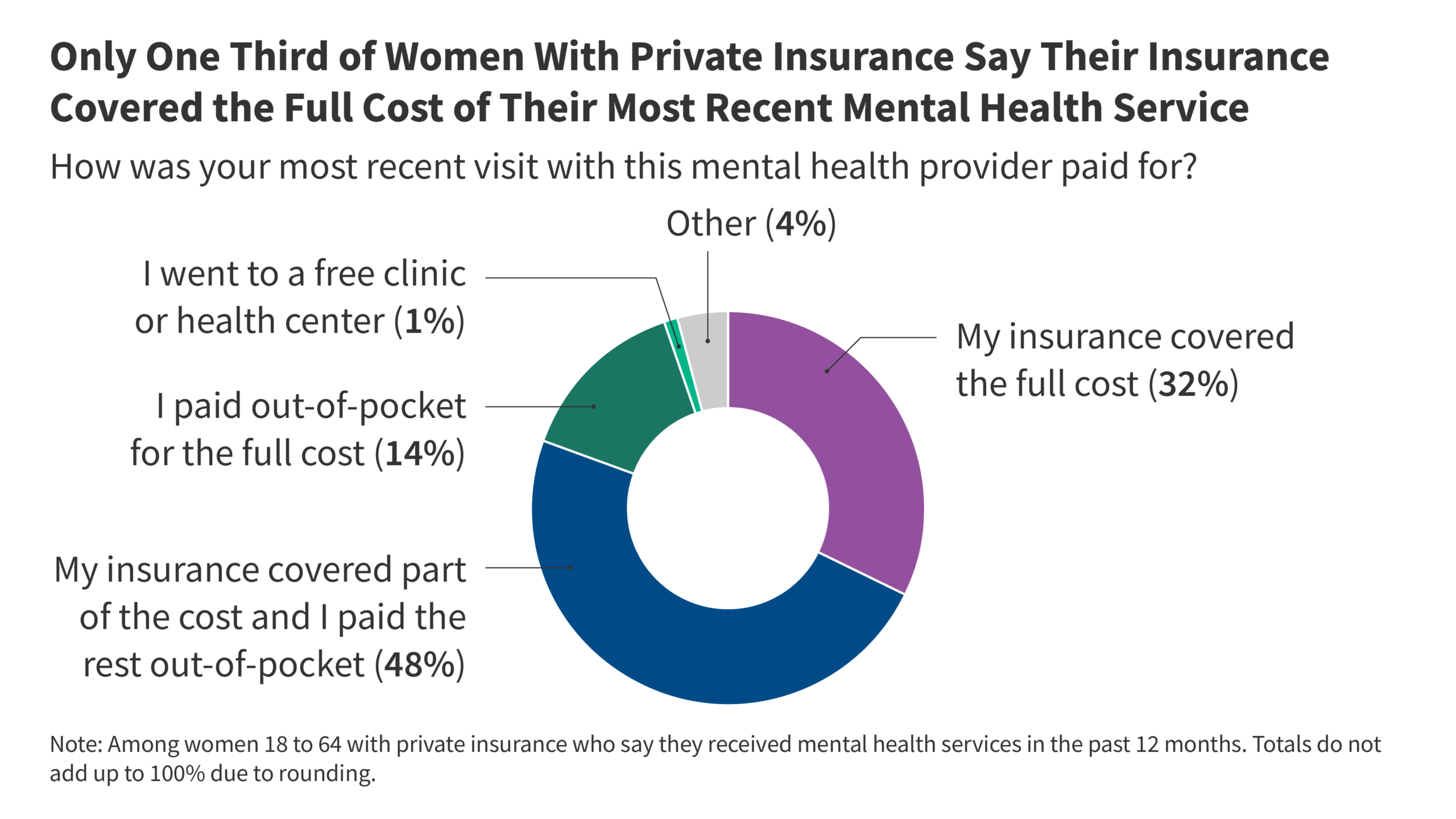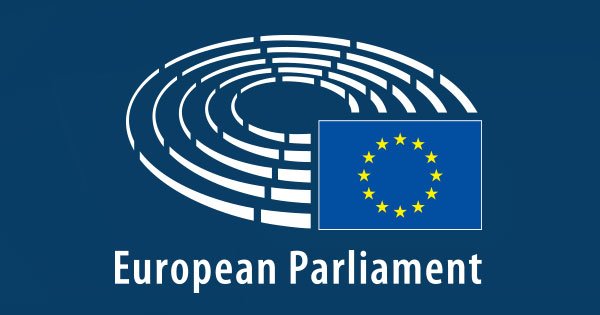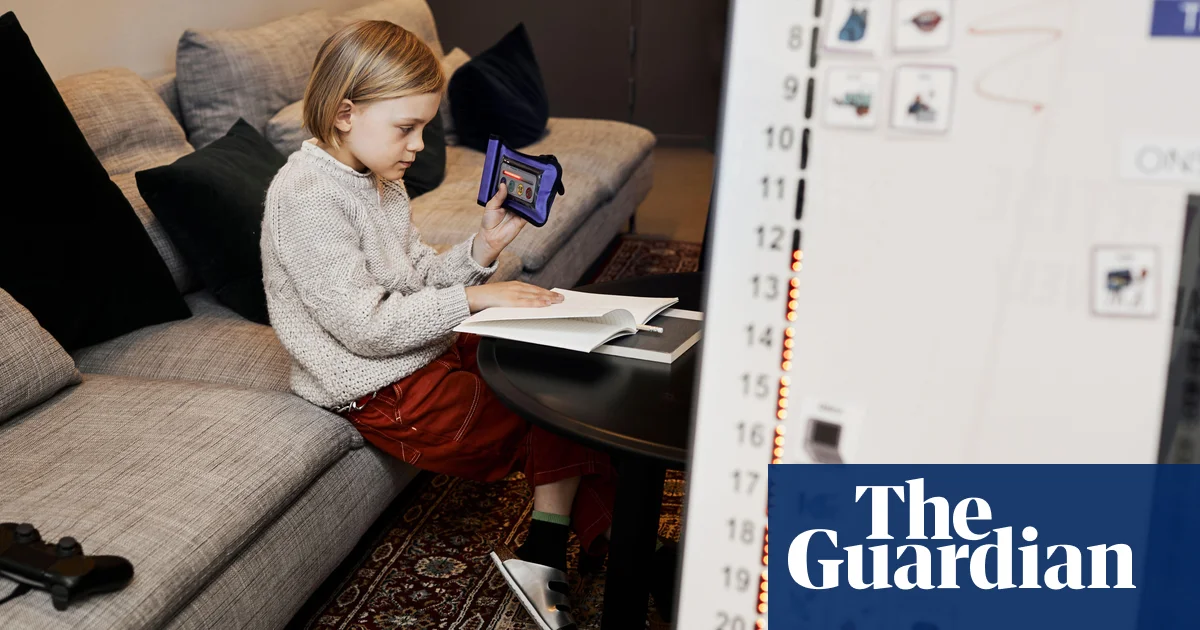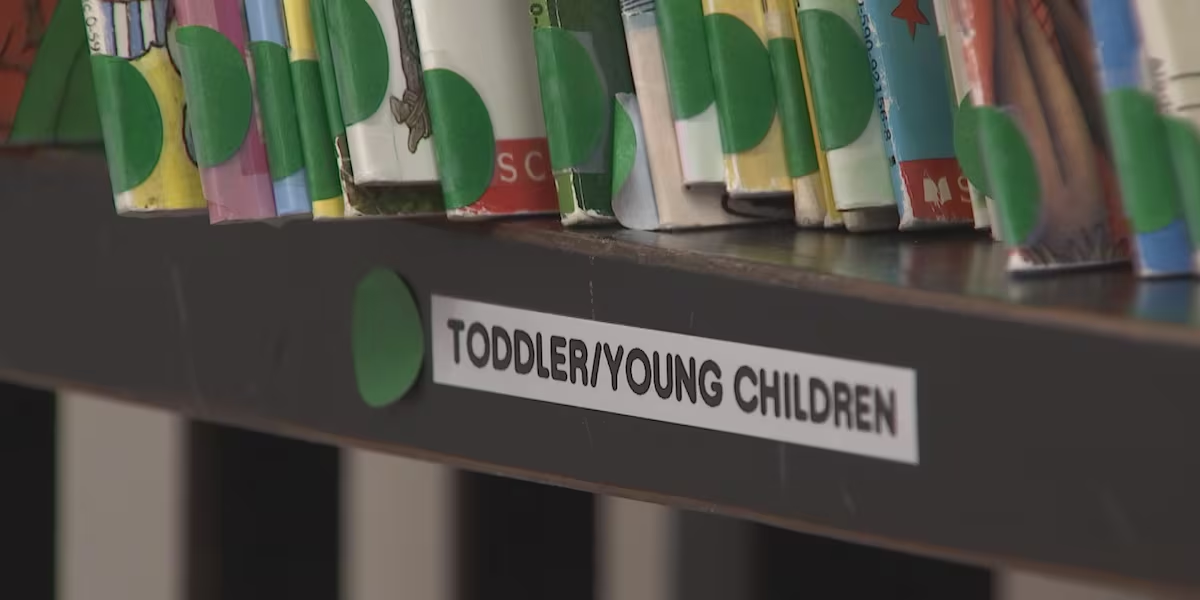A recent KFF Women’s Health Survey (WHS) highlights significant challenges women face in accessing mental health services. Conducted between May 15 and June 18, 2024, the survey included 6,246 adults aged 18 to 64, consisting of 5,055 women and 1,191 men. The survey found that 90% of Americans believe a mental health crisis exists in the U.S. According to the data, nearly 28% of women described their mental health as “fair” or “poor,” with even higher rates among specific demographics: 38% of women with low incomes and 45% of those identifying as LGBT+. Furthermore, 73% of women reporting a mental health-related disability also described their mental wellbeing as “fair” or “poor.”
In terms of care received, 29% of women reported accessing mental health services in the past year. Among those who rated their mental health as “fair” or “poor,” 48% received care. A notable 81% of women with a mental health-related disability reported having accessed services, yet 20% did not.
The types of services women utilized included one-on-one care with a provider, either in-person (60%) or via telehealth (55%). Approximately 52% received a prescription for medication, while only 7% used mental health therapy apps, and 8% engaged in inpatient hospitalization or group therapy.
Access to mental health services remains a challenge. About 38% of women indicated difficulty in obtaining mental health services in their state, and 32% reported needing services but did not receive them, mainly due to barriers such as cost, stigma, or scheduling conflicts with work. Among those who did receive care, half found it difficult to access services, and over half (55%) experienced barriers during the process, such as locating providers accepting new patients or insurance.
Cost emerged as a significant barrier, with 13% of women stating they could not afford the care they needed. This issue was more pronounced among uninsured women, with 29% citing cost as a barrier to care. Medicaid recipients largely reported their visits were fully covered (85%), whereas many with private insurance faced out-of-pocket costs—48% had to pay some expenses, and 14% reported paying all costs themselves.
The survey also revealed disparities in mental health status based on age. Younger women (ages 18 to 25) reported their mental health as “fair” or “poor” at a rate of 36%, compared to 21% of women aged 50 to 64. Those identifying as LGBT+ were nearly twice as likely to report poor mental health compared to non-LGBT+ women. Additionally, women with lower incomes reported poorer mental health status compared to their higher-income counterparts.
Despite higher rates of mental health issues among certain groups, many women across the mental health spectrum sought care. For instance, 31% of women who rated their mental health as “good” and 13% who described it as “excellent” or “very good” reported receiving mental health care in the past year. The data suggests that while many women face barriers to accessing mental health services, a substantial portion still seeks help, but a significant number do not receive the care they need, particularly among those with poorer mental health statuses.
Overall, the KFF WHS data underscores the urgent need for policies that improve access to mental health services for women, particularly among vulnerable groups such as low-income individuals and those identifying as LGBT+. Addressing these disparities is critical for ensuring that all women have the opportunity to achieve better mental health outcomes.



